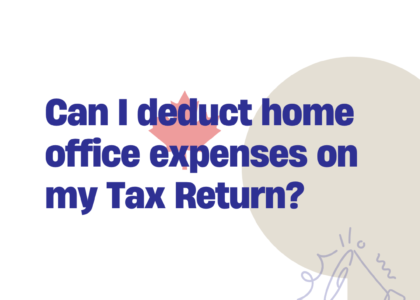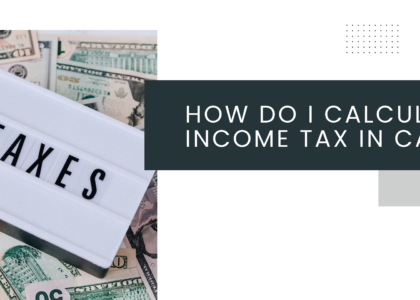· FHSA (First Home Savings Account): Tax-advantaged account for first-time home buyers.
· Contributions: Tax-deductible.
· Withdrawals: Tax-free for buying a first home.
· Limits: $8,000 annually, $40,000 lifetime.
· Eligibility: Canadian resident, 18 or older, first-time home buyer.
The First Home Savings Account (FHSA) is a new type of registered account introduced by the Canadian government to assist individuals in saving for their first home. Here’s a summary of its key features:
- Tax Benefits:
- Contributions to an FHSA are tax-deductible, similar to an RRSP.
- Income and capital gains earned within the FHSA are tax-free.
- Withdrawals used for purchasing a first home are also tax-free, akin to a TFSA.
- Eligibility:
- You must be a Canadian resident.
- You must be at least 18 years old and not turning 72 or older in the year.
- You must be a first-time home buyer, meaning neither you nor your spouse or common-law partner owned a qualifying home that you lived in as a principal residence in the year before the FHSA was opened or any of the preceding four years.
- Contribution Limits:
- Annual contribution limit is $8,000, with a lifetime contribution limit of $40,000.
- Unused contribution room can be carried forward to future years (up to $8,000 annually).
- Withdrawals:
- Tax-free if used for a qualifying home in Canada.
- Must be a first-time home buyer at the time of withdrawal.
- Must have a written agreement to buy or build a qualifying home before October 1 of the year following the withdrawal, and the home must be intended to be occupied as a principal residence within one year.
- Unused Funds:
- Remaining funds can be transferred to another FHSA, RRSP, or RRIF on a tax-free basis before the end of the year following the first qualifying withdrawal.
The FHSA combines features of RRSPs and TFSAs to help Canadians save effectively for their first home while benefiting from tax advantages.






